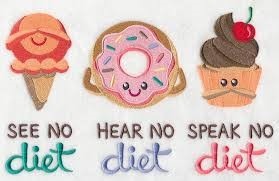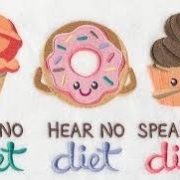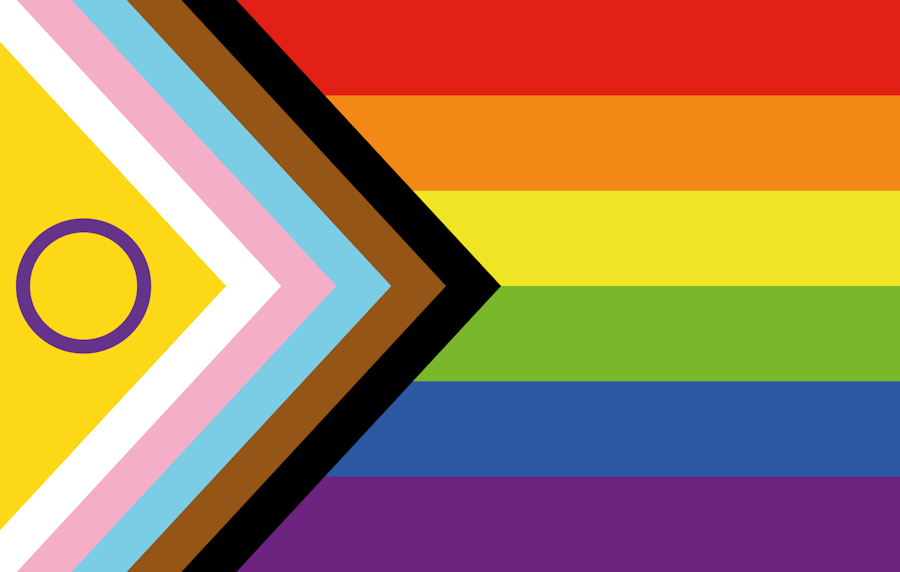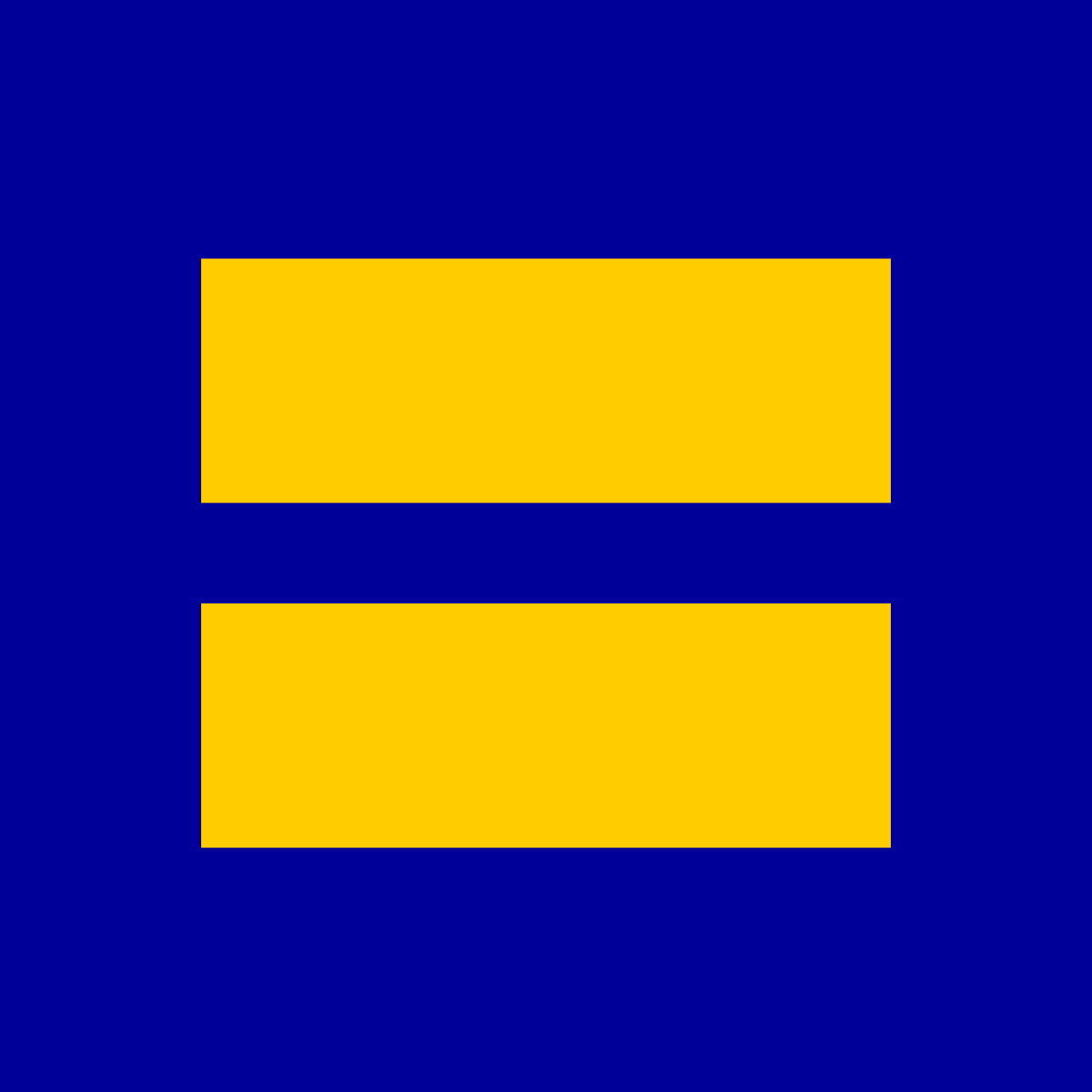
Dieting Apps for Kids Send All the Wrong Messages
Dieting Apps for Kids Send All the Wrong Messages by Timberline Knolls
The American Journal of Clinical Nutrition has found that the incidence of eating disorders has more than doubled over the past decade. The emergence of dieting apps during that same time period is more than just coincidence.
In 2019, WW, the company formerly known as Weight Watchers, unveiled a health coaching app called Kurbo that is geared toward kids ages 8-17.
Kurbo’s website claims that the app helps kids and teens build healthy habits for life by picking what they eat, receiving weight coaching advice from experts, and then seeing progress in real time, but dietitians, doctors, and therapists noticed a number of red flags immediately.
 Parts of Kurbo are based on the traffic light diet, a program first developed in the 1970s for children that has a murky track record. That regimen — and many elements of the Kurbo app — flies in the face of 2016 advice from the American Academy of Pediatrics (AAP) that said that children shouldn’t be placed on diets and the focus on kids’ health shouldn’t be on weight loss due to its documented association with eating disorders.
Parts of Kurbo are based on the traffic light diet, a program first developed in the 1970s for children that has a murky track record. That regimen — and many elements of the Kurbo app — flies in the face of 2016 advice from the American Academy of Pediatrics (AAP) that said that children shouldn’t be placed on diets and the focus on kids’ health shouldn’t be on weight loss due to its documented association with eating disorders.
“Giving an app to your child to solve difficult problems like relationship to food, movement, and body is like taking a pill the doctor prescribed while telling you ‘there’s a 95% chance this won’t work,’” Rebecca Scritchfield, a registered dietitian nutritionist, author of Body Kindness, and owner of a non-diet medical nutrition therapy practice, told U.S. News and World Report in a 2019 article.
There are many healthy foods, like nuts and milk that Kurbo considers “red lights,” items that, while not restricted, are designed to be limited. It’s easy to see the dangerous path this could lead most 8- to 17-year-olds down rather quickly.
Kurbo isn’t the only calorie and diet tracking app children and adolescents are using. Apps like MyFitnessPal and Noom require users who sign up to be 18 or older, though kids can get around those restrictions pretty easily. But the fact that Kurbo is specifically targeting children as young as second grade is a different world.
If you have a child who has a difficult relationship with food, diet apps and food trackers aren’t the answer. Help your child listen to their unique body, teach them about body diversity, and stick to normalized eating patterns whenever possible.
Most importantly, encourage them to feel good about themselves. Real wellness is about much more than a diet.






